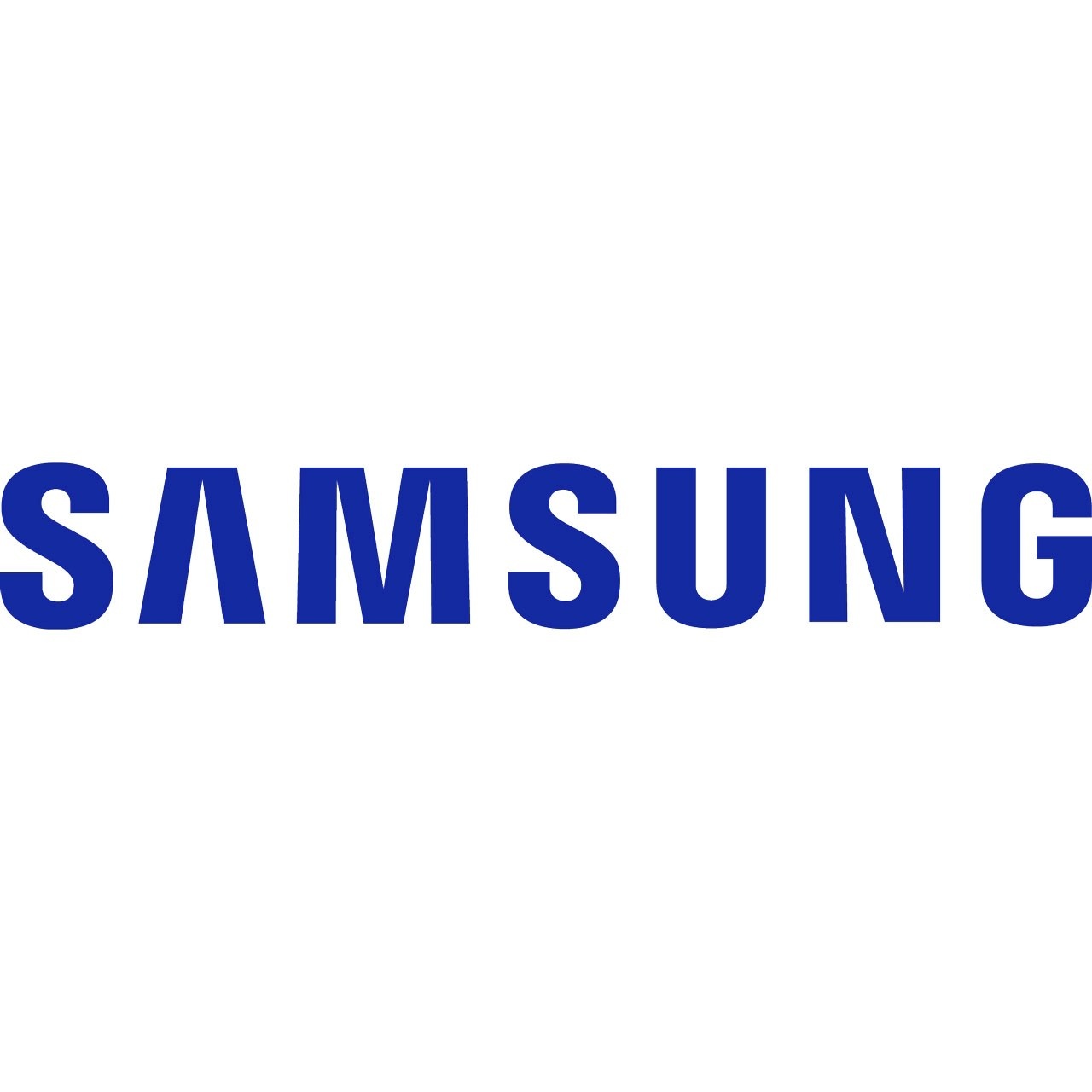Samsung Display Intends to Lead the Gaming Display Market as Demand for At-home Entertainment Continues to Spiral

Amid exponential growth of the gaming industry that is being fueled mostly by more stay-at-home time, Samsung Display announced today that it will aggressively expand its presence in the gaming smartphone and laptop (note PC) markets with OLED displays optimized for high-resolution gaming content.
With more people practicing social distancing by staying at home, the number of online gamers has surged, and end-product manufacturers are scrambling to launch gaming IT devices to meet demand for mobile displays of the highest quality.
“Our OLED Display has valuable features befitting premium gaming content, such as fast response time and less blue light emissions,” said Ho-jung Lee, vice president of Mobile Display Product Planning Team at Samsung Display. “Consumers will quickly see that the Samsung ‘OLED for gaming’ experience delivers the most advanced mobile gaming display on the market today,” he added.
In addition, Samsung Display said that its ‘OLED for gaming’ display is able to incorporate Adaptive Frequency technology in smartphones, which optimally distributes available power by the type of application in use at any given moment, and VRR (Variable Refresh Rate) technology in laptops, which automatically adjusts the refresh rate according to the video content in each and every frame.
After entering the laptop market with OLED displays in 2019, Samsung Display has been supplying 15.6-inch UHD OLED panels to major global producers of gaming laptops, such as Razer’s Blade 15. Also, the Blade Stealth 13, unveiled last year by Razer, features a Samsung Display 13.3-inch FHD OLED panel.
Furthermore, last week ASUS unleashed ROG Phone 5 (Republic of Gamers Phone 5) on which Samsung Display’s 6.78-inch OLED panel is a major component. “The latest ROG Phone 5 mounted the latest Samsung OLED display that befits the highest-spec hardware, aiming to deliver an incomparable gaming experience to consumers.” said Bryan Chang, General Manager of Smartphone Business Unit at ASUS. “The OLED display featuring faster response time and higher refresh rate will become a new trend in the gaming IT device market,” he added.
The Samsung OLED laptop display panel is made especially for games with fast frame transitions, as it features a refresh rate higher than 120Hz and has been certified by SGS for seamless (smoother-looking) image quality.
According to SGS’s ‘Seamless Display’ test results, the Samsung Display OLED panel registered the highest specifications in the industry in two categories, featuring a blur length of less than 0.7mm and an MPRT** of less than 11 milliseconds (thousandths of a second) during high-speed transmission.
Also, the new Samsung Display panel received an “Eye Care Display” certification from SGS for reducing blue light emission to 6.5 percent. This improved eye-protective feature is great news to consumers playing games for long hours.
About Samsung Display
Samsung Display Co., Ltd. is a global leader in the display panel market, with OLED and LCD technologies and products. Samsung Display has seven production facilities and five branch sales offices worldwide. The company specializes in high-quality displays for consumer, mobile, IT and industrial usage, including those featuring OLED (organic light emitting diode) and LCD technologies. As a total solution provider, Samsung Display strives to advance the future with next-generation technologies featuring ultra-thin, energy-efficient, flexible, and transparent displays. For more information, please visit www.samsungdisplay.com or http://news.samsungdisplay.com/https:/news.samsungdisplay.com/category/global/global.
| [Footnotes] |
| * SGS (Société Générale de Surveillance), founded in 1878, is the world’s leading inspection, verification, testing, and certification company, headquartered in Switzerland. |
| ** MPRT refers to motion picture response time. It is an international display standard which measures how long a frame remains visible on screen by capturing the pattern movement. |





